I recently spent an entire weekend alone. My fiance went out of town, and I chose not to go, with the intention of getting a lot of writing done. This is the first time I’ve spent this much time at home alone since I’d quit drinking. And I’ll admit, I was a little concerned.
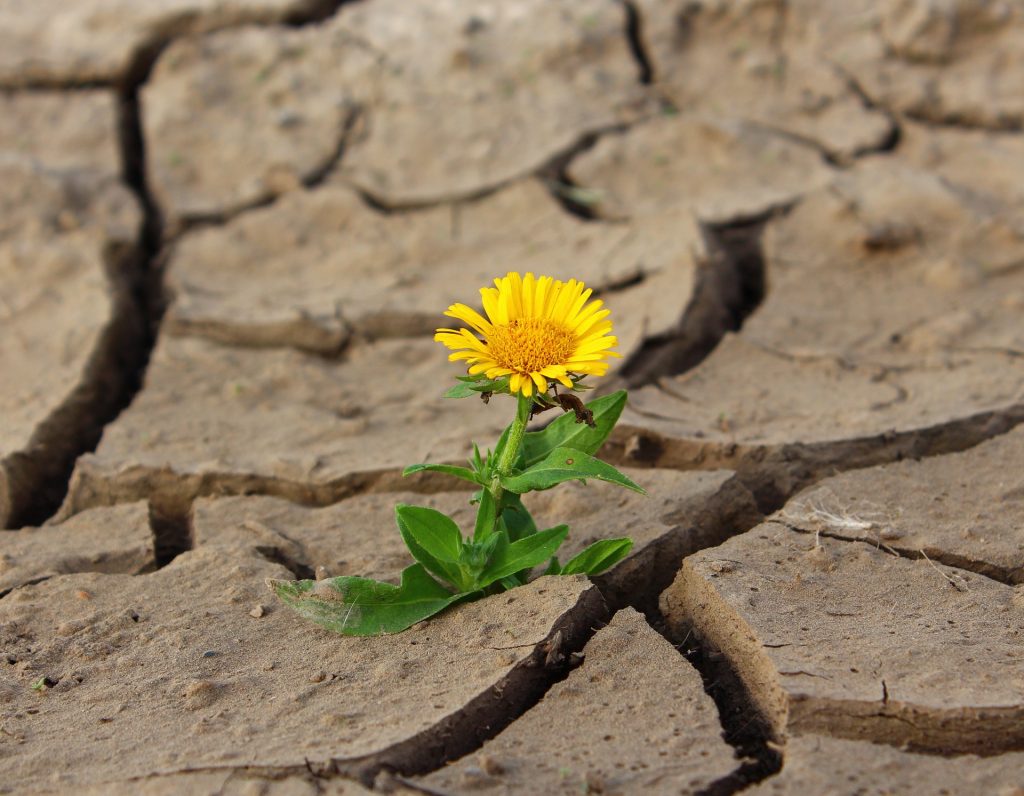
Drinking
alone was what I did regularly in the last several years of my drinking
experience, because drinking in the company of others had become too
contentious, inexplicable, and embarrassing. Plus I was supposed to be working on that problem,
right?
But when I was alone, the voices started:
The unrelenting voices in the head:
- No one’s here. Perfect! No one will know.
- You’ll be more relaxed and patient when they get home.
- This is just who you are. This is what you do.
- We’ll quit tomorrow.
See how this used to go? I realize now, in retrospect, that I had been steadily and unconsciously establishing a life to facilitate that drinking alone goal. Got the kids to almost 18 alive, got divorced, and created a situation where I could drink whenever I wanted.
A part of me thought I would be perfectly happy being a lone drunk.
Perfect. This is what I had been waiting for was it not? I fantasized about this when I lived among people who needed me or triggered me. This is what I’d dreamed of secretly, but another part of me wasn’t completely happy with this arrangement.
I was a drunk. And I knew in my heart of hearts that there was more to me, and that there should be more to life.
But I wasn’t perfectly content, so now what?
Fast-forward, and obviously I’ve learned the trick to quitting the drinking thing, but what about this being with myself situation?
I didn’t know what to do with myself when I was sober. Especially when I was alone. When I was alone was really when I struggled the most with myself.

Social settings gave me plenty of anxiety, don’t get me wrong, but there were also distractions with others which seemed to help.
I could focus on the conversations, ask a lot of questions, and listen. Plus there were plenty of suggestions from recovery experts for how to handle common social situations, with regards to drinking, so I struggled a little less with what to do with myself.
I don’t think I like myself. Are we supposed to?
Not only did I not know myself, I didn’t particularly want to be alone with me. I wasn’t very pleasant. Other people seemed to like me okay, but they didn’t have to live in my head 24/7/365. It was no picnic in there. In fact, sometimes it was toxic.
The constant thoughts of:
- There’s something fundamentally wrong with me.
- I’m a fraud, or at the very least a chameleon who changes to suit the situation/person.
- I’m not truly a good person/sister/daughter/mother/mate, and when they find out, they’re not going to stay with/accept me.
- It’s just a matter of time before the other shoe drops.
These ruminations when I was alone and unoccupied were constant, and for no reason, they just seemed to pop up.
My brain supplied plenty of proof to validate every negative thought too. Remember when . . .
- I’ll recall something from the past when I did something stupid or embarrassing, and the feelings from it are just like I’m back there.
- How could you have been so careless, hurtful, stupid, etc.?
- If only you would have done X instead.
- I wonder if so-and-so still remembers that?
- Etcetera, etcetera, etcetera, . . . if you have a brain like mine, you know the etc. part.
The other thing I do a lot of is comparisons with other people, even when I’m not in their presence.
Out of the blue, I’ll have a thought about so-and-so, which triggers the comparison thoughts.
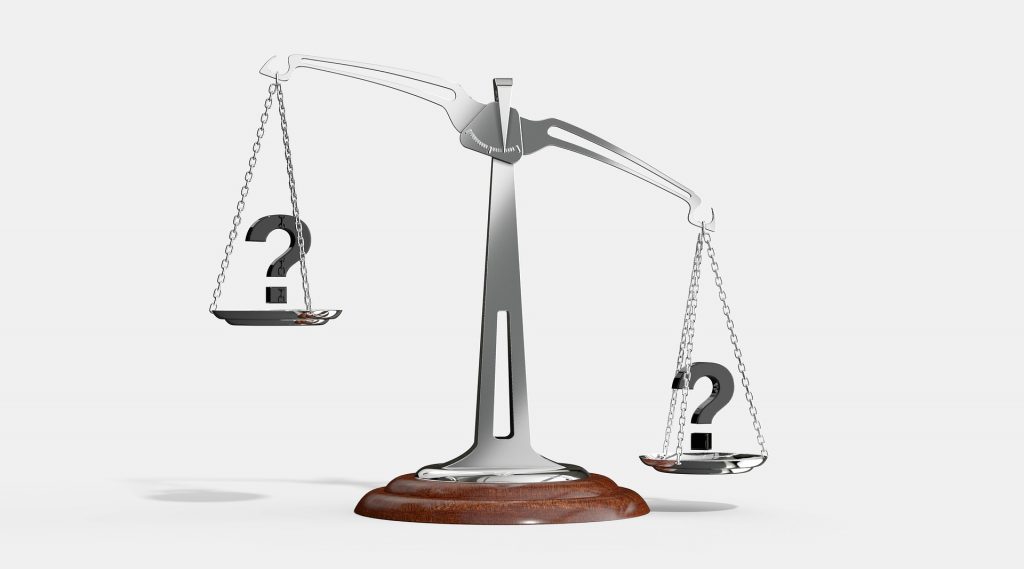
Comparison thoughts are so big for me, I’ve written a separate article about it here. But the gist is that I rarely measure up.
So, when I used to be alone, bombarded with all these random negative thoughts, some sneaky ideas would come into my head, such as:
- You could have a drink.
- That would feel better.
- No one’s here. No one will know. This is perfect!
Wherever I go, there I am.
What I’ve learned is that choosing to drink speaks to my inability or unwillingness to be with myself sober. And that will always be a problem because wherever I go, there I am, and it’s not feasible to be drunk all the time. (Believe me, I tried it.)
So the way I see it, the only option I have is to create a different version of myself.
There is the belief that you need a group or support network, like AA, to stay sober. And while I do think AA/12-Steps does a great job with the connection thing, I know that ultimately it comes down to me, myself and I, and what I do when I’m alone.
I have to be able to be alone with myself – preferably content and sober, because I’ve spent the better part of my adult life unhappy and drunk. And I don’t like her.

I liken my relationship with my sober self to a budding intimate relationship.
It is, after all the most intimate and personal relationship I have, is it not? Who else knows all my thoughts — good and bad? Who else has as much to lose or gain? Who am I listening to 24/7/365? See what I mean.
So, at first we were just “talking”. We have a lot in common. Then, we started getting to know one another better — the good and the bad. The “shadow self” as it’s been called by some.
And now, while we don’t always get along very well, we’re trying. We try to compromise, empathize, and offer a little grace, because life is tough. It’s hard to be human!
Very often, unfortunately, we are at odds, and when we are, I’m very hard on myself, as we all are. Everyone seems to think that because we know better, we should do better.
But knowing and doing are two very different states.
We are ultimately on the same side — me, myself, and I; it just doesn’t usually feel like it.
But we have gotten on the same page with this drinking thing, and we’ve nailed it! We lost some battles over the years, but now we’re winning the war, and it feels good. It feels empowering. It feels like agency for myself; like I can take action and I can change things.
I feel confident, to be alone with myself, for the first time in my life that I remember. I can talk myself down and lift myself up. I can catch myself going sideways, and get back on course.
I don’t love myself yet, but I’m open to liking myself until a time when I might. This is my sober self, a work in progress, and worth the work, most days. What other choice do I have?
There is a sober self in every drunk.
It was finding my sober self which saved my life from alcohol. And cultivating my sober self is saving me from myself. Does that make sense?
I believe there is a sober self in every drunk, when the effort is taken to find him or her.
The weekend alone went off without a hitch. I did the same things I do when my fiancé is home. I did what people do when their minds aren’t obsessing about the next drink; when they aren’t manipulating and planning; when they aren’t hiding, hurting, and hating themselves, then passing out.
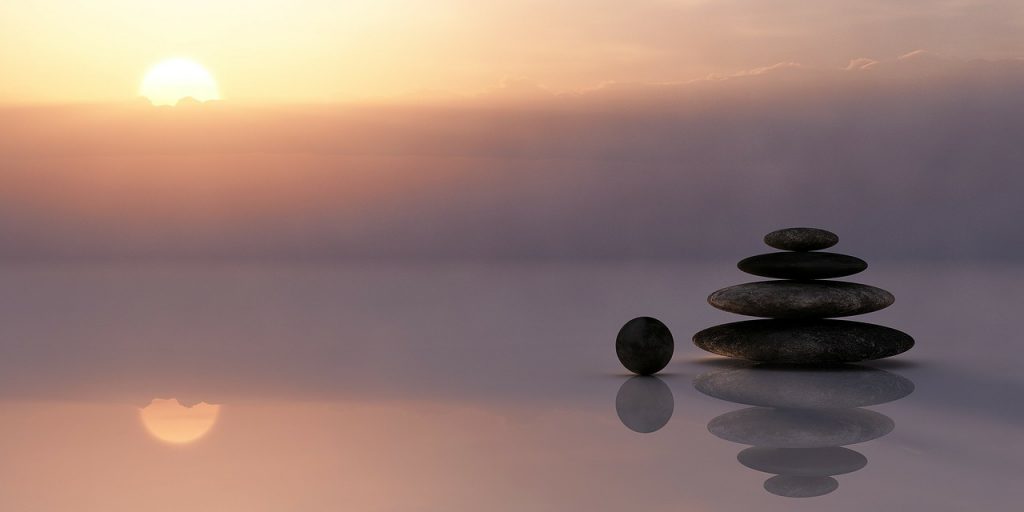
I got a lot of writing done – like this piece. (And I want to write something cheesy, like I got to know myself better, but that sounds so melo-dramatic.) Let’s just say I was alone with myself and content enough; not perfect but typically human, and sober.
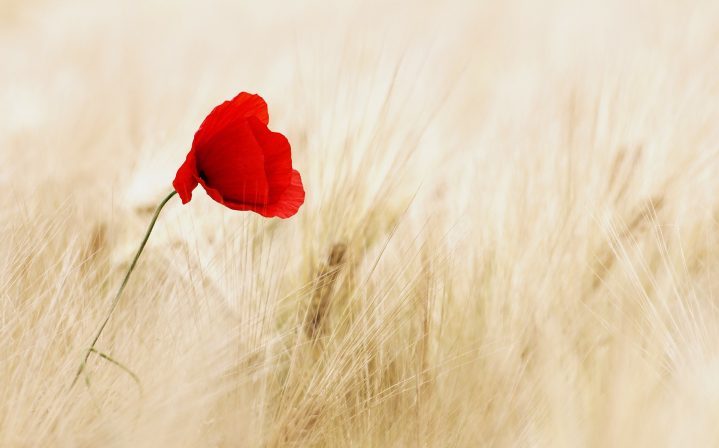

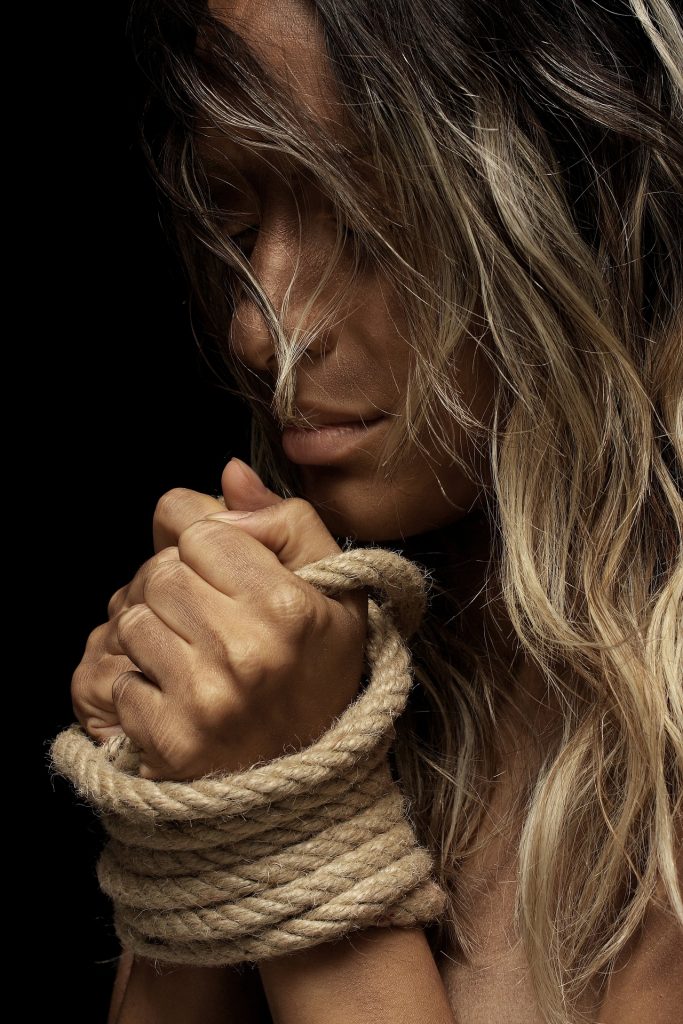
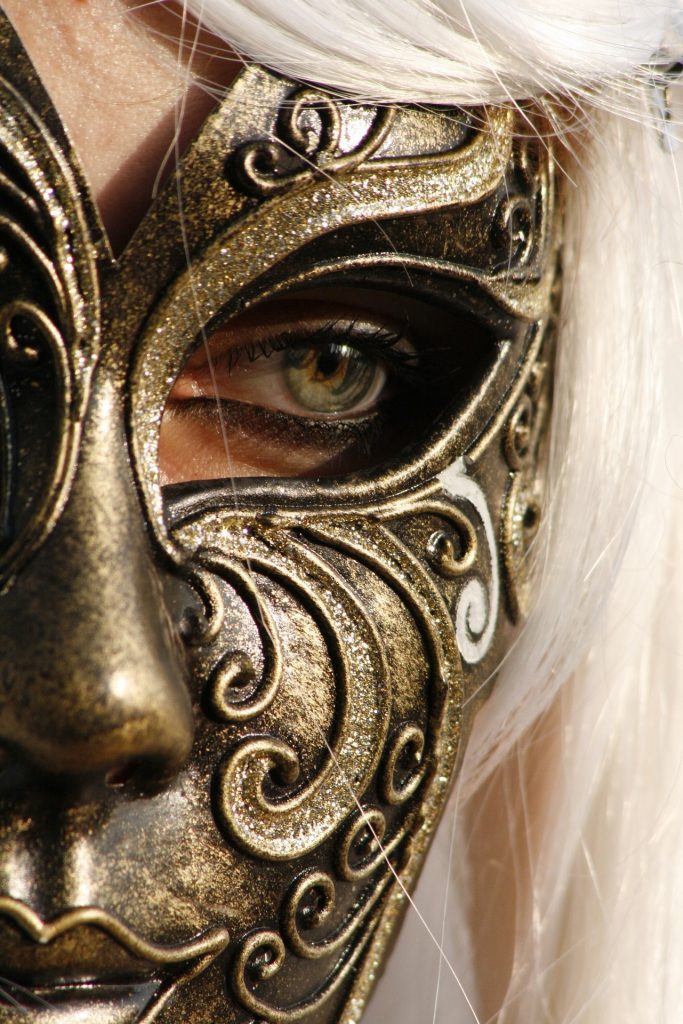


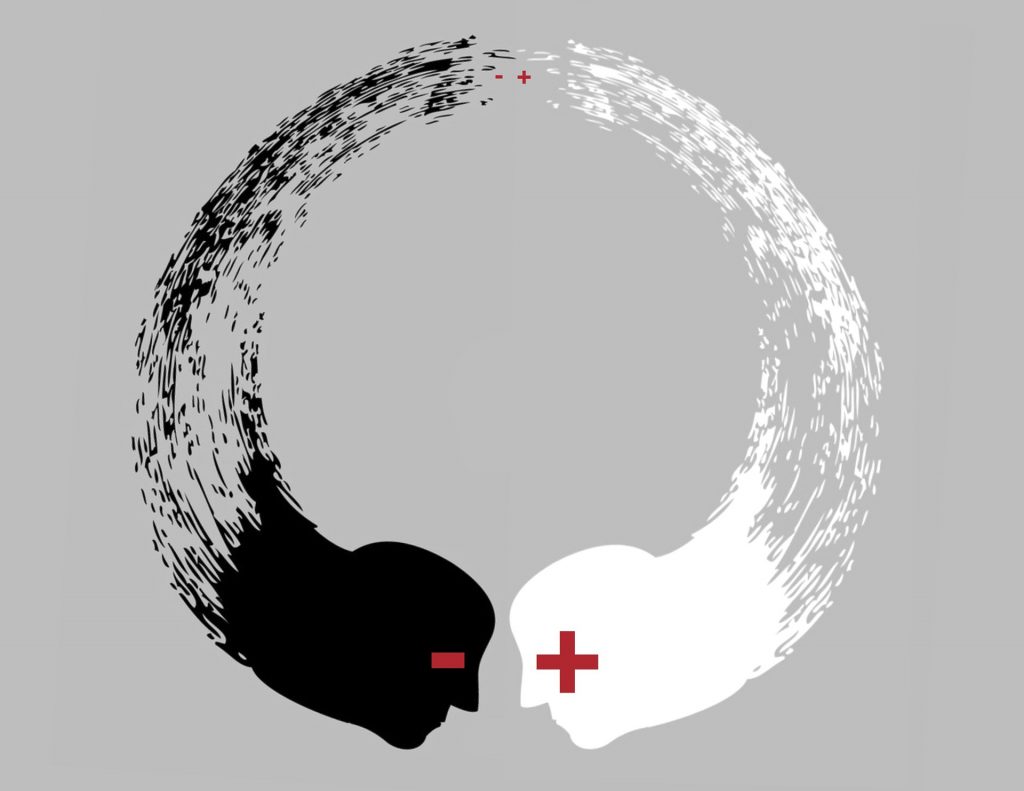

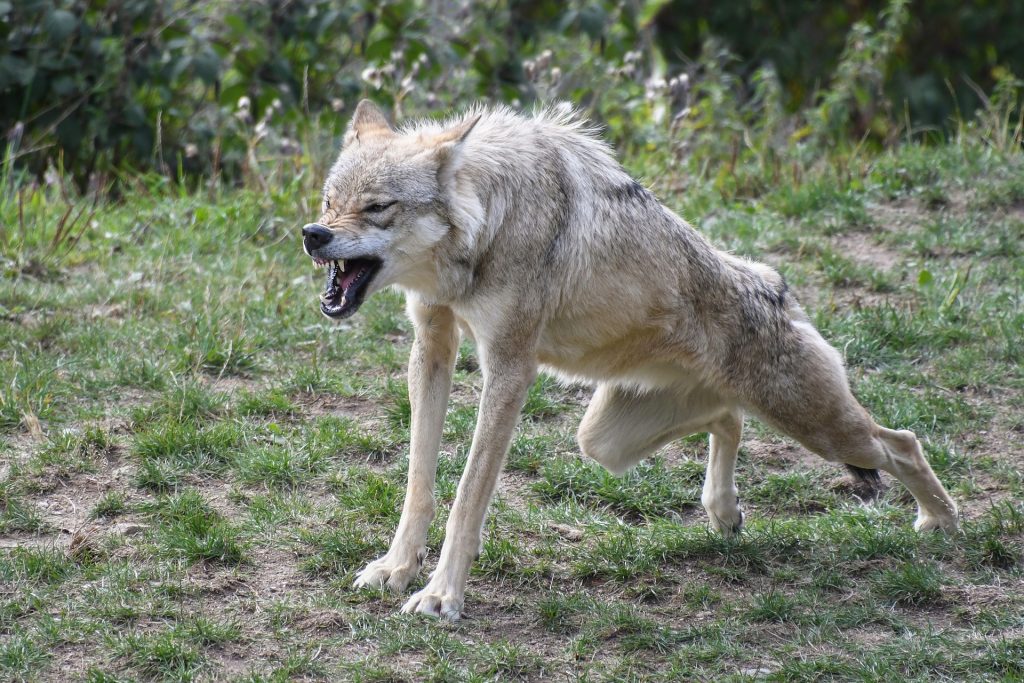

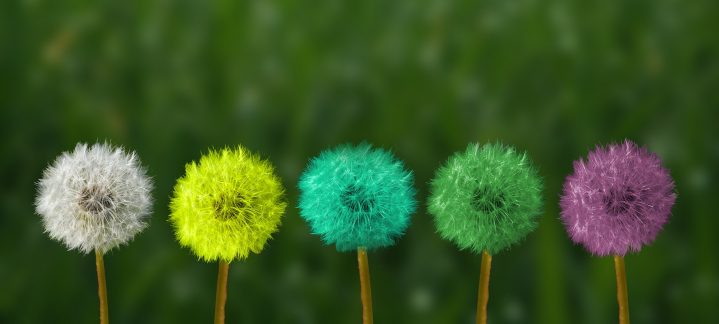
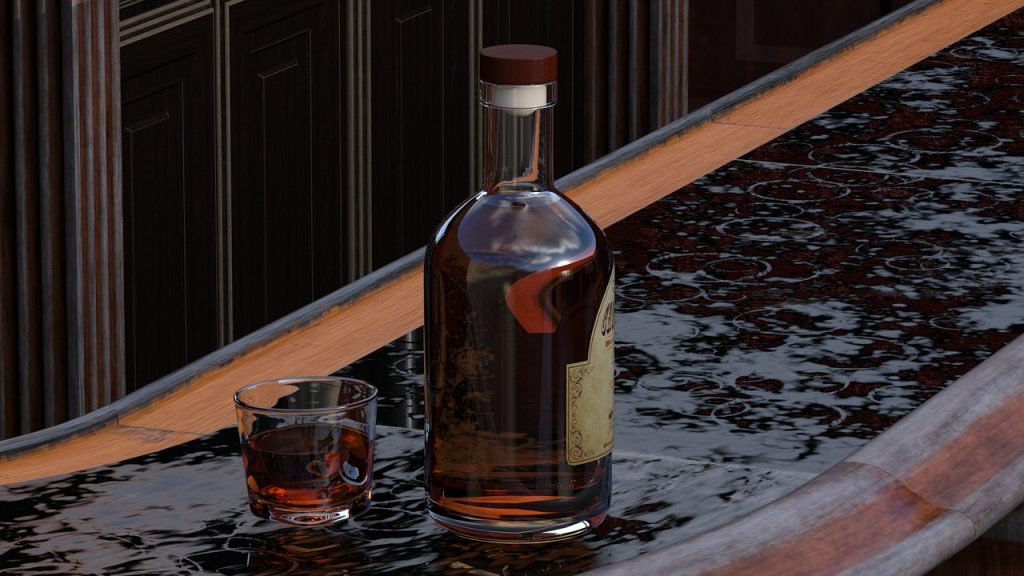
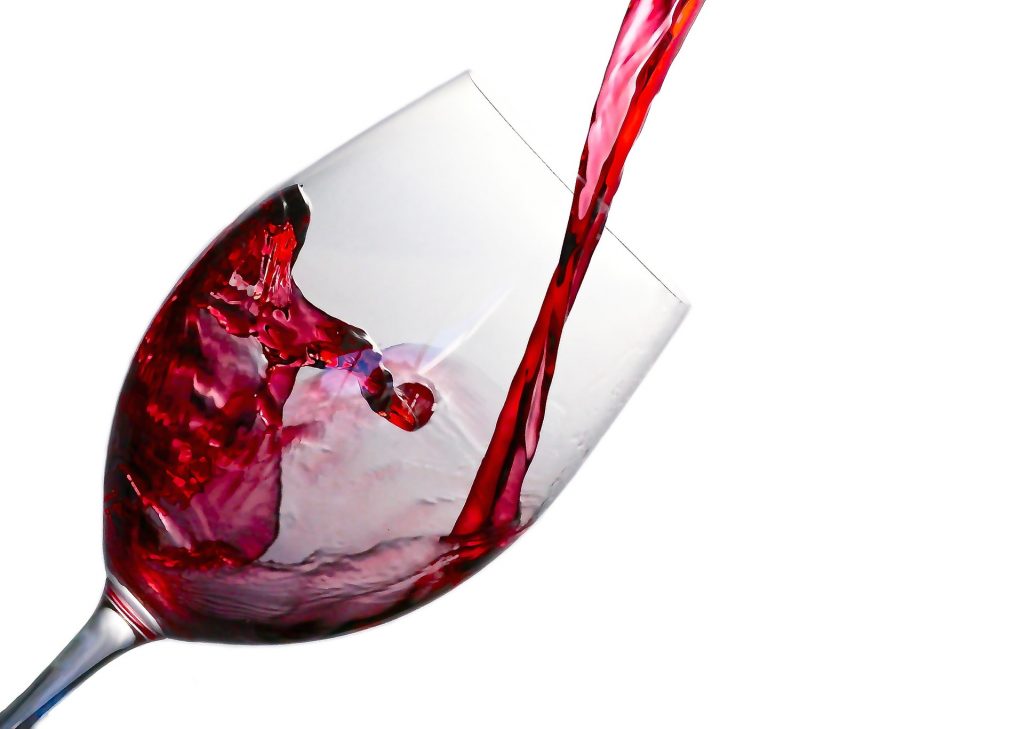

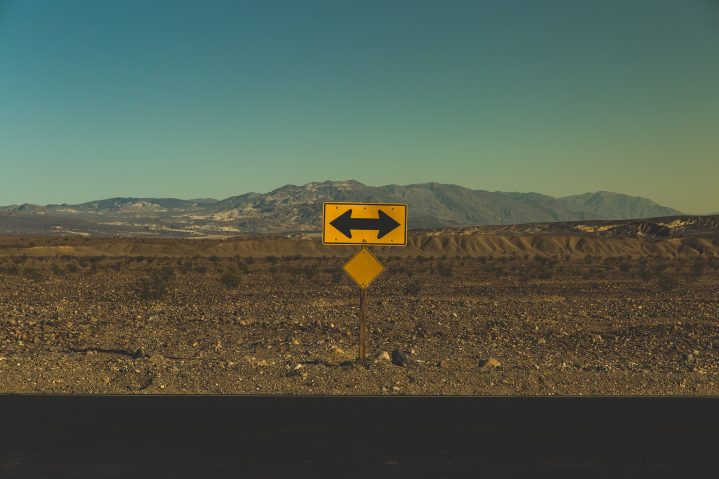

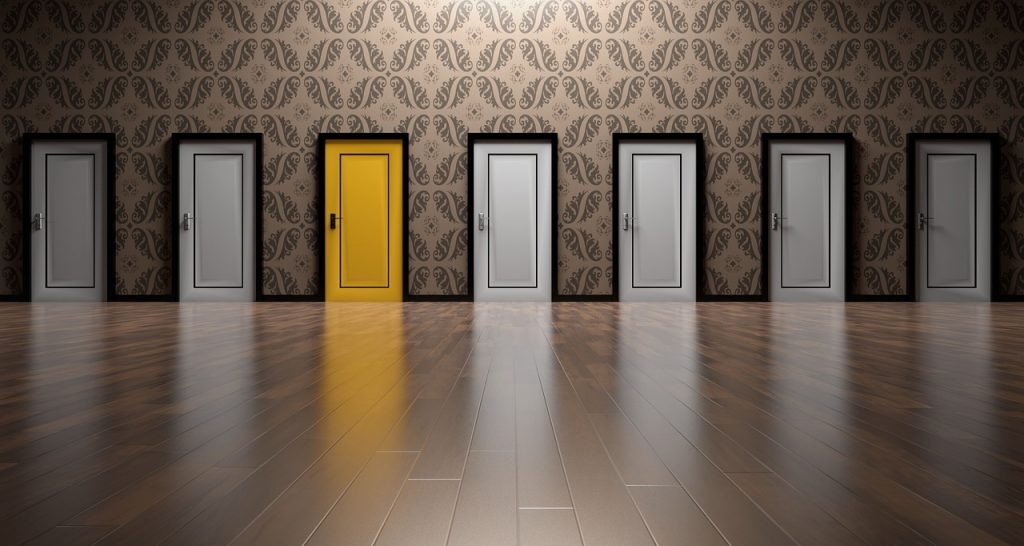
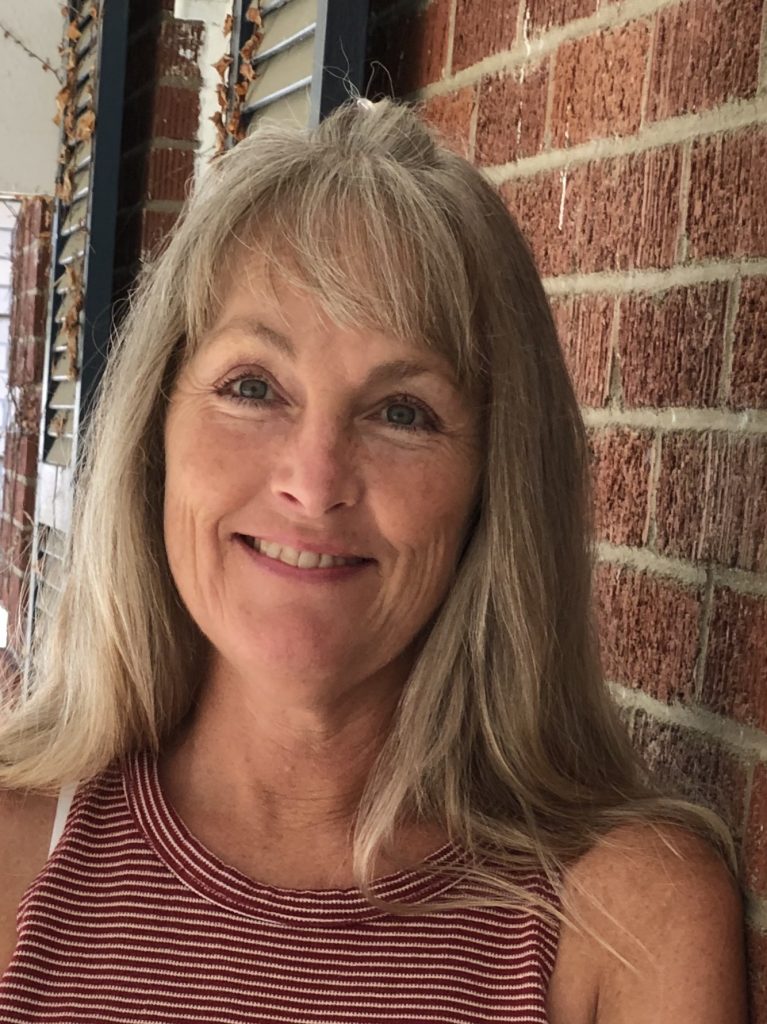
Recent Comments